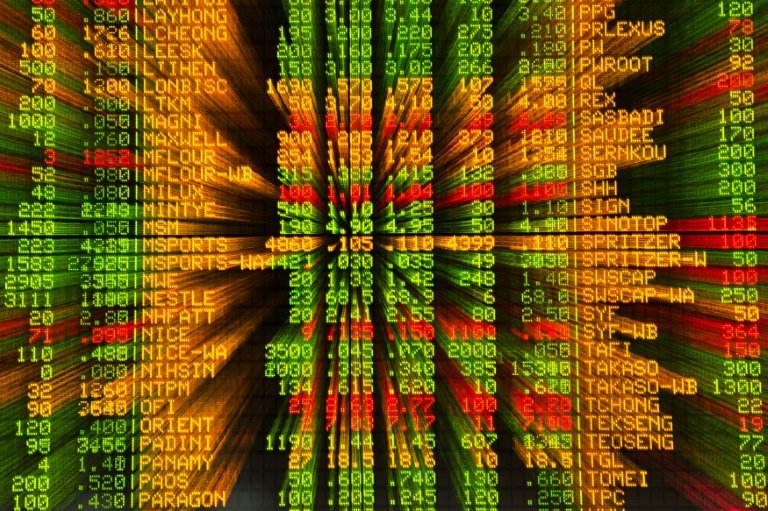
Asian stocks edged up on Tuesday after recent declines as investors ignored another tough day for Wall Street’s tech giants as concerns grew that the market was heading for a correction after a string of record highs.
Investors are also keeping a close eye on Tokyo after Japan’s top monetary official warned that authorities are ready to intervene around the clock to support the yen, which is trading at its lowest level against the dollar in nearly three decades.
With U.S. data showing the world’s largest economy is still doing very well and the job market still tight, investors remain uncertain about the Federal Reserve’s interest rate plans, with discussion centered on when or if there will be a rate cut this year.
All eyes are now on Friday’s release of personal consumption expenditures (PCE) data, the Fed’s go-to inflation gauge, as traders hope for a further slowdown that would give policymakers room to start easing policy.
Uncertainty over interest rates has done little to restrain U.S. stocks, where a surge in Big Tech stocks, buoyed by an explosion in all things artificial intelligence (AI), has helped propel the S&P 500 and Nasdaq to multiple record highs this year.
But profit-taking and concerns that the rally may have gone too far are beginning to weigh on the sector, with the market’s newest darling, Nvidia, leading the decline, down more than 15% from its highs hit on Thursday.
The company’s market capitalization exceeded $3.3 trillion two days ago, briefly making it the world’s largest publicly traded company.
The recent sell-off has raised fears that contagion may be starting, sending stocks into a downward spiral.
Still, while the S&P 500 and Nasdaq fell on Monday, Asia got off to a strong start.
Hong Kong, Shanghai, Tokyo, Sydney, Seoul, Singapore and Manila all posted positive figures, while Wellington, Taipei and Jakarta saw slight declines.
The yen rose to nearly 160 yen to the dollar on Monday as expectations of an imminent interest rate cut in the United States faded and the Bank of Japan’s pace of monetary tightening remained slow.
The currency’s weakness prompted Deputy Finance Minister Masato Kanda to reiterate his determination to step in to support it, as he did after the currency hit 160.17 to the dollar in April.
But some observers have warned that the effects of intervention are usually short-lived and the yen could fall to as low as 170 yen.
“The pair continues to face resistance around the higher levels (160 yuan to the dollar) as Japanese authorities step up verbal intervention,” said Rodrigo Catril of National Australia Bank.
He added that the Bank of Japan disappointed many investors this month by delaying the tapering of its bond-buying activities used to keep borrowing costs in check.
“Markets are being encouraged to increase pressure on the yen after the BOJ failed to meet expectations, with the BOJ’s policy normalization process being too slow and the Fed keeping interest rates high for too long while waiting for inflation data to provide a basis for easing.”
The euro held up against the dollar ahead of the first round of French elections this weekend.
President Emmanuel Macron called for early parliamentary elections following his centre-right party’s crushing defeat at the hands of the far-right Rally for Europe (RN) in European Parliament elections two weeks ago.
Some opinion polls have the RN in the lead, with the left-wing coalition in second and Macron’s centrist party in third, but the brigade continues to enjoy support.
– Key figures around 0250 GMT –
Tokyo – Nikkei Stock Average: up 0.5% to 39,001.39 (break)
Hong Kong – Hang Seng Index: up 0.5% to 18,120.43
Shanghai Composite Index: Up 0.1% to 2,965.17
USD/JPY: Down to 159.36 from Monday’s 159.63
EUR/USD: down from 1.0740 to 1.0734
EUR/GBP: down from 84.61p to 84.59p
Pound/dollar: down from $1.2689 to $1.2685
West Texas Intermediate: Up 0.1% to $81.70 a barrel.
Brent crude: up 0.1% to $86.07 per barrel
New York – Dow: up 0.7% to 39,411.21 (closing price)
London – FTSE 100: up 0.5% to 8,281.55 (close)
Dan/MTP

